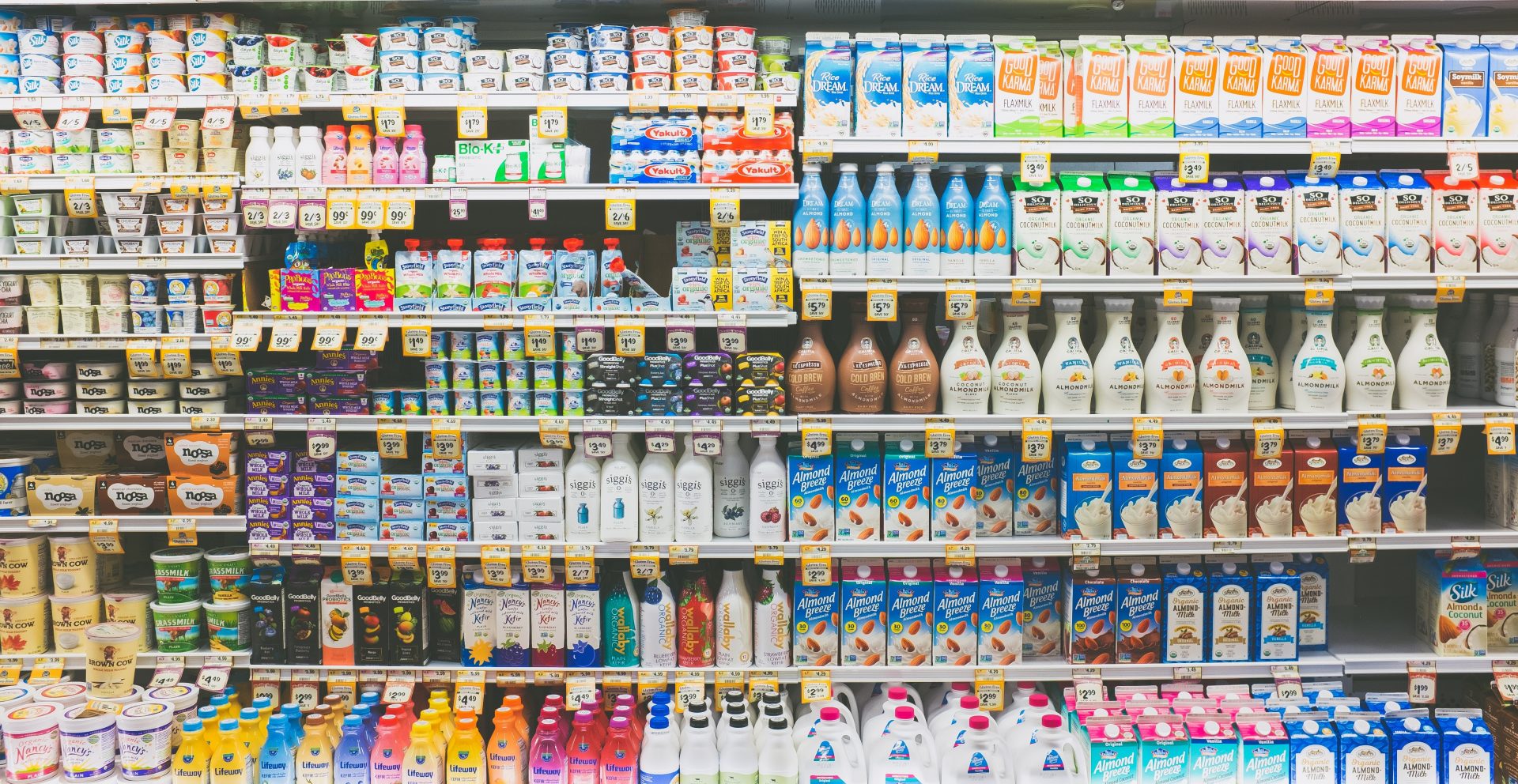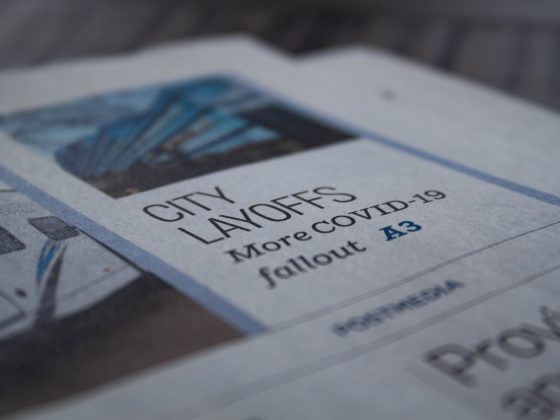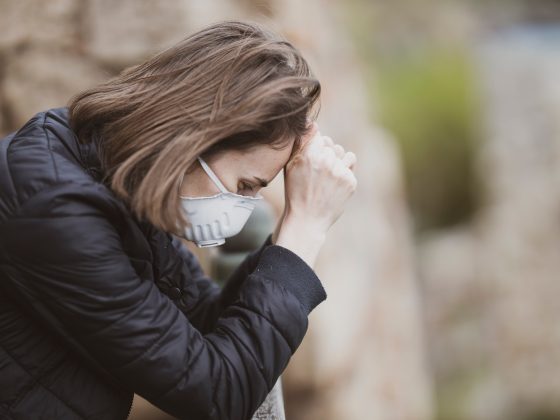With air pollution rising in China to levels that were “normal” in the pre-COVID days, and with countries all over the world celebrating the reopening of their economies, the hope for change that many had nurtured during the clean-air-clear-water lockdown days seems to be fading.
But nature has already shown us that it does not want us around the way we were. If we revert to normal, nature will revert to punishments, with a vengeance.
Humanity, the apex of creation, has harmed creation more than any other creature. In fact, it is the only creature ever to go against its maker: Mother Nature. The coronavirus was the first time nature has shown us that it can hit all of us, anywhere, anytime, if it so chooses. But it did it with compassion. The death toll from COVID-19 is really not much more than that of a seasonal flu, but it scared the living daylight out of us. It was the first time that common folk and state leaders alike stood stumped and helpless before Mother Nature.
“By forcing us to stay home, the coronavirus forced us to stop competing, and with it, we stopped destroying Earth.”
Nature sent us a message: I will not tolerate our self-centered wantonness. It will not tolerate our looting and killing, depleting and polluting, poisoning and smothering everything and everyone just so we can be at the top of the heap of debris we have created along the way.
Every other creature but humanity behaves just as it should, and in doing so contributes to the common good. In children’s movies, we often paint cruel faces on predators such as tigers or wolves. But the truth is that these predators prevent overpopulation of their prey and a resulting depletion of their sources of food, and keep their herds healthy and strong by eating the weak and sick.
A wolf will not kill more than one deer or moose at a time. After the kill, it will eat all it needs and will go to rest until the next time it is hungry. Humans are the exact opposite: They kill far more than they need in order to eat, and take pride in killing the strongest and healthiest animals. People don’t kill to eat; they kill to show off their strength.
Let’s take another example. When you go to the dairy section in any modern supermarket, you will find an endless array of cheeses. Twenty, thirty, or forty years ago these cheeses didn’t exist. They only appeared because dairy food makers compete over customers, so they produce an ever growing diversity of foods hoping to get more and more shelf space at the expense of other producers. In the process, more than half of the production is thrown out, the product price spikes, more resources are needlessly extracted from the ground, more animals are mistreated, the air becomes more polluted with emissions of machines and trucks, traffic becomes more congested, and employees of competing companies lose their jobs because their company couldn’t bring their product to the store shelves. Every time we choose one cheese over another, we inadvertently make a lot of people miserable.
The problem is not what we consume, and certainly not that we enjoy good food and other amenities that life has to offer. On the contrary, I’m all for it. The problem is in our relationships. Nature doesn’t want us not because we eat other animals or emit carbon. It doesn’t want us because we’re mean to one another, and through our atrocities against each other, we are destroying the entire planet.
This is why I am putting such an emphasis on education and not on reduction of consumption or other restrictions. They will not help unless we fix the problem where it lies—between us, in our desire to destroy one another.
By forcing us to stay home, the coronavirus forced us to stop competing, and with it, we stopped destroying Earth. If we return to biting at each other’s throats, nature will send another envoy that will set us apart more firmly until we learn the lesson.
Since we are already permitted to congregate and interact, let’s use the break that we were given to start over, to try to be better to each other. Just as our ill-will toward each other sickened the Earth, which then sickened us, our good will toward each other will heal us, then heal the Earth.











